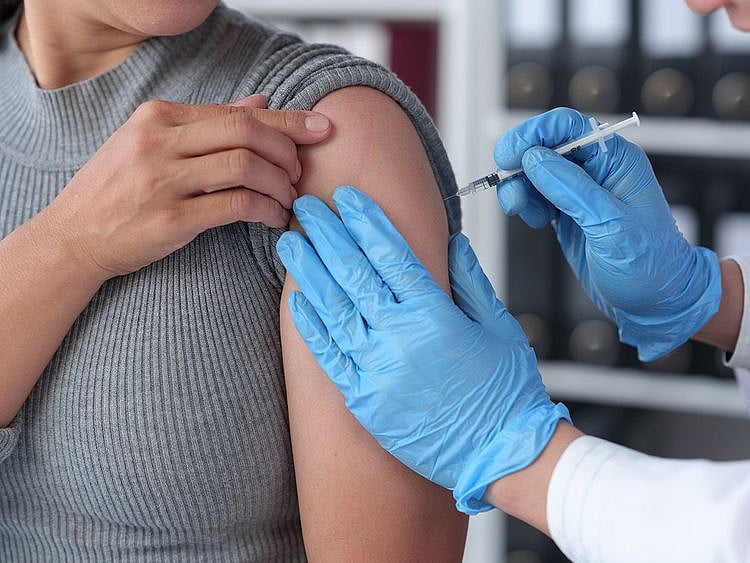Dubai: As you pack your bags for a much-awaited trip, whether it’s a vacation or a staycation, doctors underline the importance of prioritising health and well-being. Taking the necessary precautions to prevent illness is key to ensuring a safe journey. From vaccinations and hydration to maintaining hygiene and managing exposure to cold weather, it’s essential to be prepared while exploring destinations, especially new ones.
Dr Mitchelle Lolly, specialist pulmonologist at Prime Hospital and Prime Medical Centre, Dubai, said that residents must ensure they have up-to-date vaccinations, including flu and COVID-19, as countries may have specific requirements.
“Get vaccinated against the flu and complete your COVID-19 vaccinations at least 10 days before travel, especially for individuals over 50, those with chronic conditions and children,” Dr Lolly noted.
“Eat healthy foods during travel to maintain a balanced diet and support immunity. Drink plenty of water, as dehydration can cause the nasal mucosa to dry out, making it more susceptible to viruses. Avoid excessive caffeine, as it can contribute to dehydration,” Dr Lolly noted.
She highlighted the importance of practising good hand hygiene, especially when in popular hangout spots.
“Use an alcohol-based sanitiser after visiting public places, using washrooms or touching handrails and doorknobs. Avoid touching your eyes, mouth and nose frequently, as these are entry points for viruses like the flu and COVID-19,” Dr Lolly said.
Wear masks
Dr Grace Fabrizia Graziani, specialist in family medicine at Aster Royal Clinic, Arabian Ranches, said that wearing masks will help reduce the spread of respiratory infections.
On ways to prevent the spread of germs when someone coughs and sneezes, Dr Graziani said: “Cover your nose and mouth with a tissue, dispose it off immediately and wash your hands. If tissues are unavailable, use your elbow to contain droplets.”
She stressed on also avoiding close contact with people who are visibly ill.
“Stay a safe distance from those who are visibly ill. If you are unwell, limit contact with others,” Dr Graziani said, and noted: “Keep surfaces clean and disinfect frequently touched surfaces like doorknobs, light switches, phones, and keyboards to reduce viral spread.”
Staycation, day trips
For residents opting for staycations and city breaks, doctors have advised caution as flu cases have surged compared to November.
“This increase is primarily attributed to seasonal factors, including cooler temperatures, which create an ideal environment for respiratory viruses to thrive. Additionally, higher transmission rates have been linked to increased indoor gatherings and travel during this time of year,” said Dr Jobby Jacob, specialist paediatrician, Medeor Hospital, Dubai.
Common symptoms include fever, cough, sore throat, body aches, fatigue, a runny or stuffy nose and headaches. Severe symptoms, such as difficulty breathing or chest pain, require immediate medical attention.
“For most cases, adequate rest, proper hydration, good sleep, wearing warm clothes and over-the-counter medications can help alleviate symptoms. Individuals with severe symptoms or underlying health conditions should seek medical advice promptly,” Dr Jacob noted.
Precautionary measures
Get a flu vaccination
Wash hands frequently with soap and water
Use hand sanitisers when soap and water are unavailable
Wear a mask in crowded places
Limit touching your face, particularly eyes, nose, and mouth
Steer clear of individuals showing flu symptoms
Minimise time spent in crowded spaces when possible
Stay home if you experience flu symptoms.
Sign up for the Daily Briefing
Get the latest news and updates straight to your inbox
Network Links
GN StoreDownload our app
© Al Nisr Publishing LLC 2026. All rights reserved.
